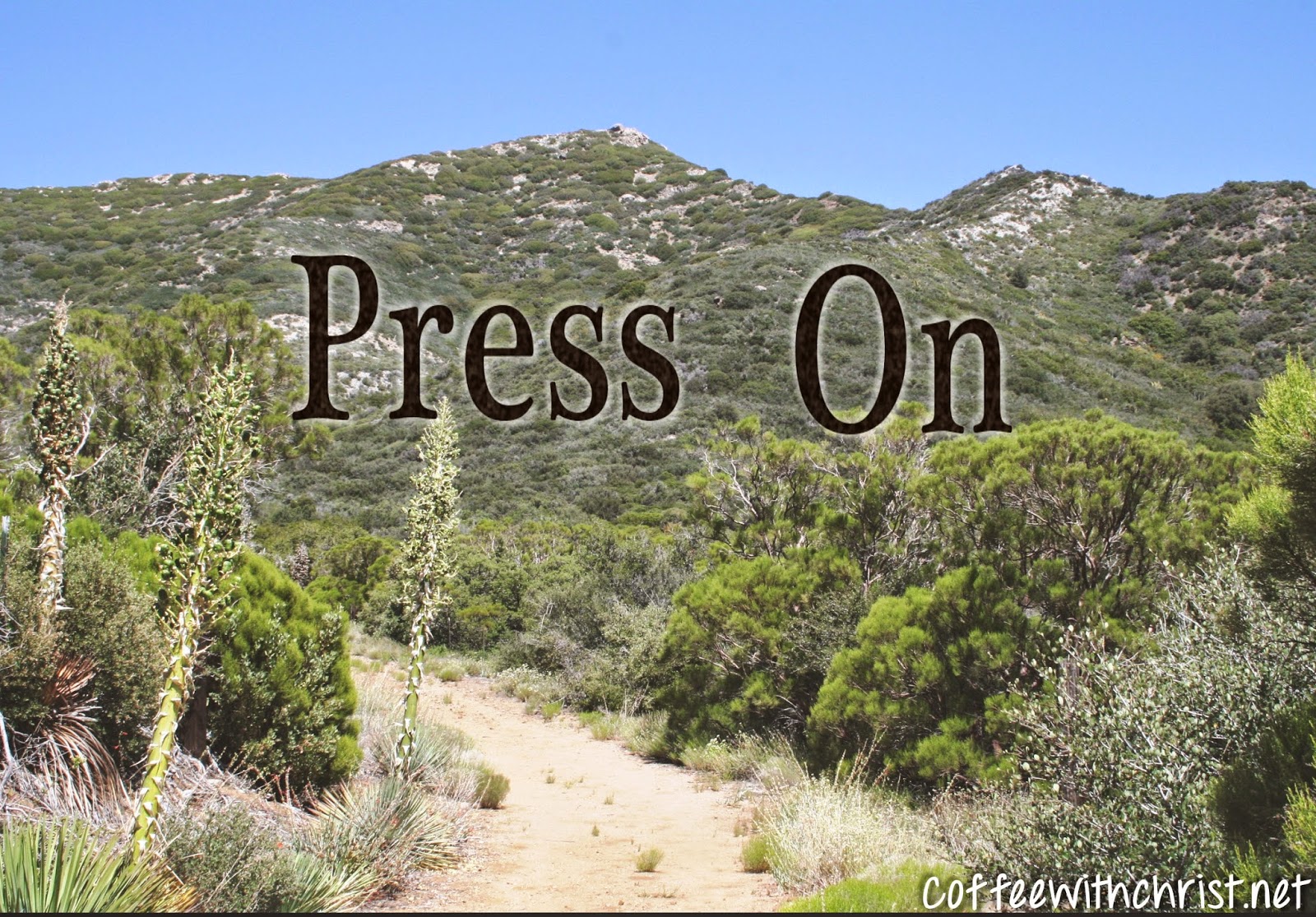Let each one take care how he builds upon (the foundation)
1 Corinthians 3:10
1 Corinthians 3:10
It is interesting to me that Paul compares our lives as Christians to the building of a house. I had not realized all of the thought and detail that is involved. It is a pretty involved process, and when done well the end result will last for many generations. When done poorly, problems soon arise that must be addressed and corrected for the house to continue to stand.
Paul reminds us in his first letter to the Corinthians that our foundation must always be Jesus, any other will surely cause problems. A house built on a faulty foundation, no matter how well built the house is, will not stand. But even given that every follower of Jesus has built their life upon His foundation, there is still lots of room for individuality, for a "house" that is uniquely ours.
How we live our life is how we "build" our house. Our daily choices, our decision to show love to someone who doesn't deserve it. The choice to give money to the person standing on the side of the road at the stop light. The choice to think nasty thoughts about the frazzled mom who stands in the shopping line in front of you with her hot pink hair, a toddler on her hip and a baby in the buggy as she pays for her food with food stamps. All of these things are how we build our house.
It is a good idea to occasionally stop and take inventory of your house. When you live somewhere for some time it becomes familiar to you. You become accustomed to the cracks in the walls and don't notice them anymore. The weak spot in the floor gets pushed to the back of your mind once you recognize it and step over or around it instead of on it. Over time the house falls into squalor and you don't even notice, until someone points it out to you. Then you become defensive. So what if it isn't the best house - it is your house. And that is where we get it all wrong. It isn't our house, it's God's house.
1 Corinthians 3:16 and 6:19 tells us that our body is a temple for the Holy Spirit, it is where the Spirit lives if we have invited Him in. When we forget that and start building a house that we think is best, we run the risk of discovering that when it really matters, our house is nothing other than a tinderbox that will one day be burned up. (1 Corinthians 3:15)
What we need to focus on is building our house with "gold, silver, precious stones". What are these things? These are the attitudes, the thoughts that our Lord finds pleasing. These are actions born of loving God and loving others. These are the times we choose to love even when the recipient doesn't deserve it, doesn't love us back, and doesn't live the life we think he or she should. These are born of our choice to think the best and have faith that God sees the truth and only He can judge another because of that. When we focus on building our house on the foundation of God's love for us by loving Him back and sharing that love unconditionally with others we build a house that will withstand the fire and will be pleasing to Him.
What kind of house are YOU building? I know I have some demolition to do. Fortunately we serve a forgiving God who gives second chances.
*originally published at Coffee with Christ







